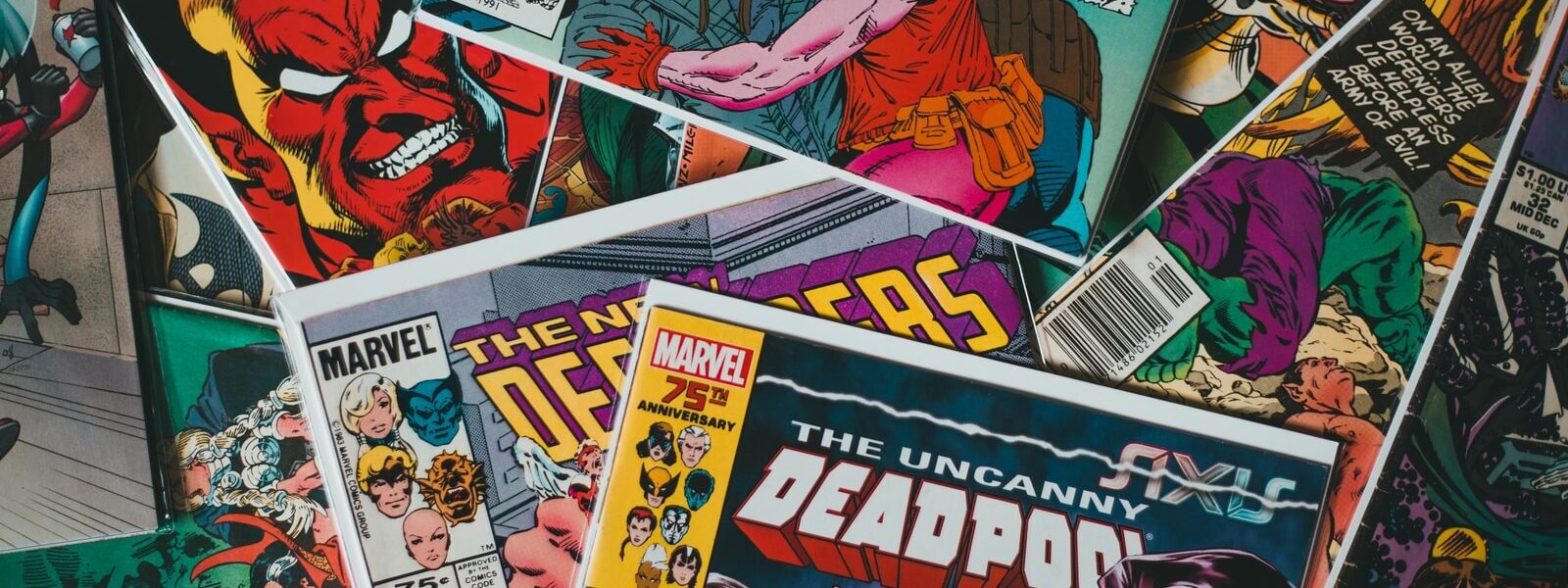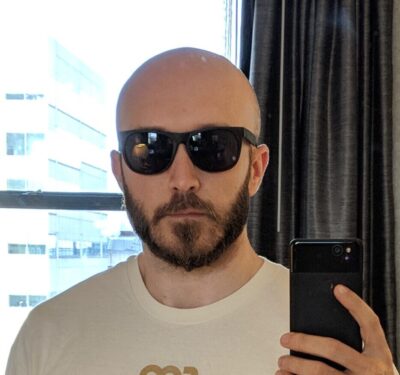Prepare for a new generation of digital bootlegging
On today’s show we got a bit into the topic of digital piracy. Without going into the morality and legality of it, the plain truth is that people have always bootlegged media and they always will.
I had some more thoughts on what my picture of the future of piracy might be, based on recent price hikes and the current state of digital protection technology.
I believe that the standards set in childhood have a strong bearing on our expectations as adults. I’ve talked on the show about the young adults now who grew up in a world of touchscreens and instant access. Of being able to consume media anywhere, at any time from the comfort of their own phone. Nobody in any upcoming generation is going to tolerate going to a video store and hoping the movie you want to watch hasn’t been rented out already, because there is no reason for it. Digital media is an infinite resource, the only limits are the infrastructure behind it and Netflix alone has shown that millions and millions of people can watch the new episode of Stranger Things at the same time with no buffering.
The expectation for instant (and in many cases, legally free) access has been set. So where is someone with that mindset going to turn when companies like AMC price them out of going to see the new blockbuster of the week with their families? This is where the “barrier for entry” comes in play. In the olden days, if you wanted to watch the hottest new bootleg, you had to know someone who already had it. After that, with the introduction of the globe-spanning Internet but still early in its infancy, you had to know where to find the content you were looking for, often on unlisted servers using specialized software.
Then Napster came on the scene and changed everything. It democratized and decentralized media sharing. Anyone with a computer and an internet connection could download one app and just type in the song they were looking for in the search bar. Anything anyone could want to listen to was suddenly available to even the least tech savvy. The barrier for entry dropped to the floor, at least temporarily. “Music piracy” suddenly became a concern for every music label overnight, because suddenly ANYONE could be a pirate, not just people who took the time and effort to join the club. The war for media protection was on.
The back and forth between publishers and pirates is long and messy history, but the short story is that there is no perfect form of DRM and there never will be. You cannot perfectly protect something and still have it be usable. You can’t perfectly secure a movie and still have people be able to watch it. And with the expansion of digital, online distribution, the access to media has swung heavily in the pirates favor. And as media consumption shifted from “downloading” to “streaming” with the advent of faster home internet access, so has the distribution methods of pirates changed. You don’t need to seek out the digital equivalent of a dim smokey room to quietly acquire your media anymore, you just use a search engine that isn’t Google. Streaming piracy is now the primary source, because it caters to the expectation that already exists: free and immediate access to media.
I learned about the existence of MP3s when I was at computer camp around the age of 12. Kids talk about this stuff with each other, and if one kid puts in the effort to learn how to get what they want, when they want it, everyone else will know it by the next day. If families are being priced out of entertainment, especially in such an overt, money grubbing way as charging a premium for “popular” movies, where do you think these people are going to turn? To the Internet access they already pay for, and the instant, free access they already expect.

